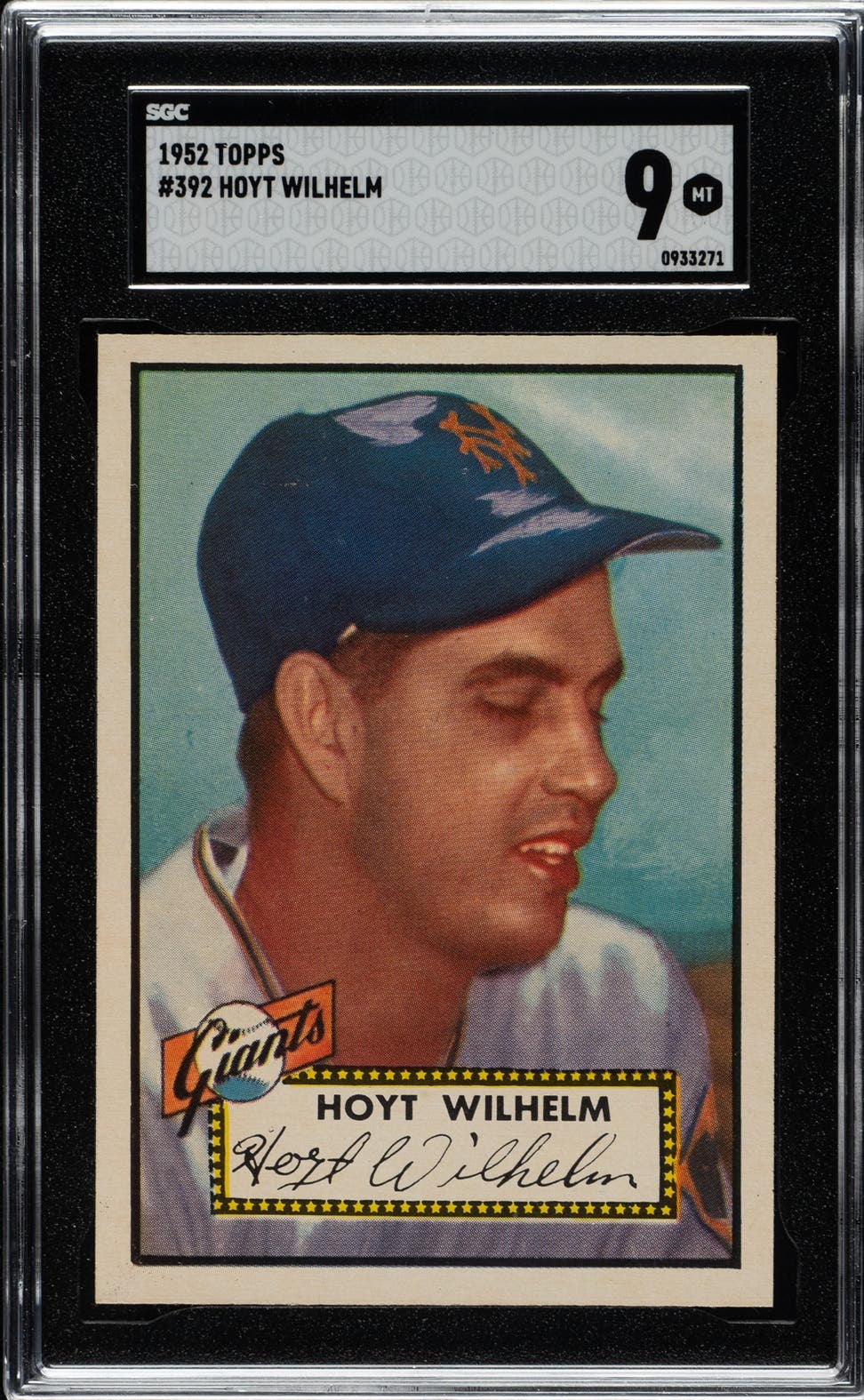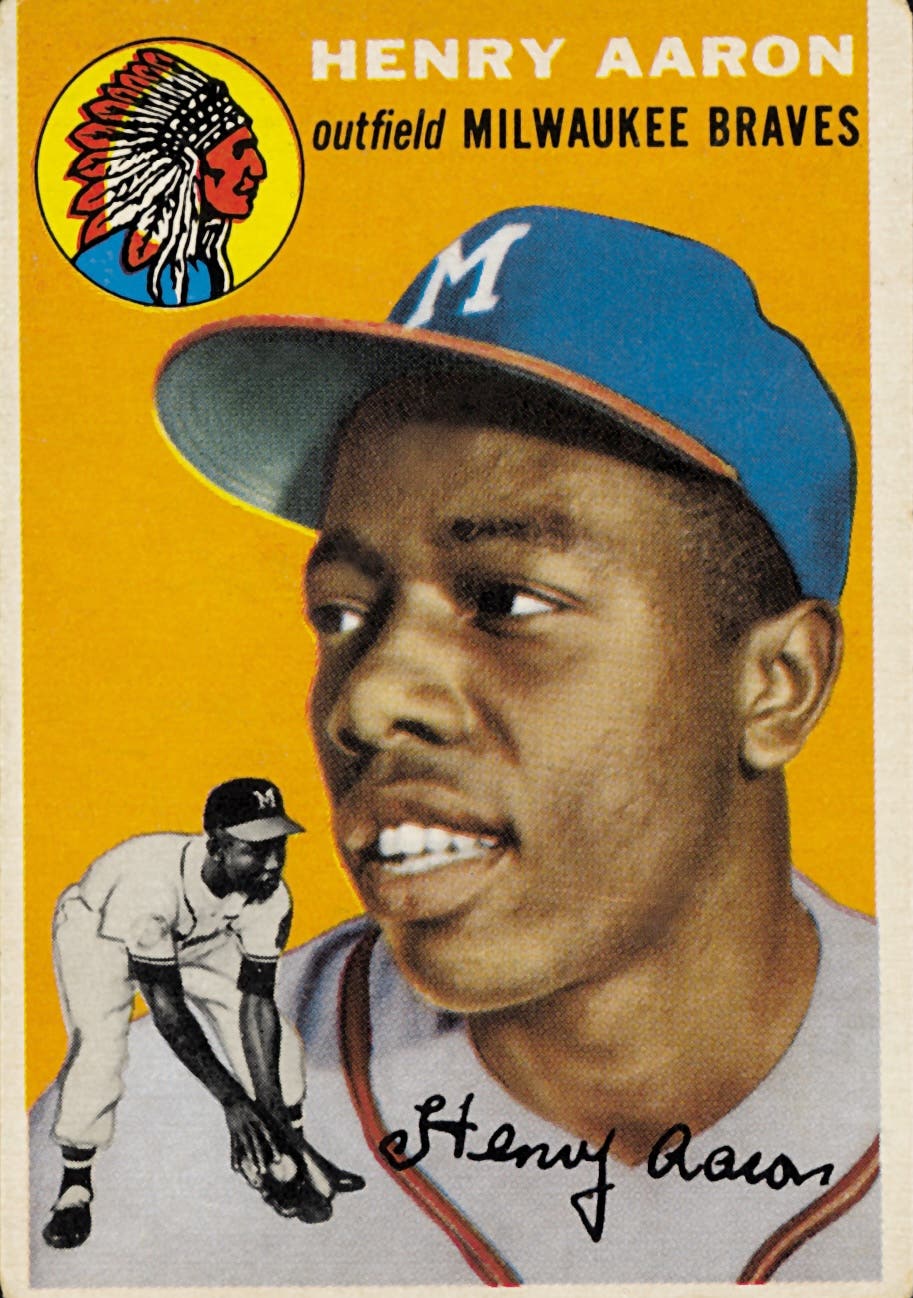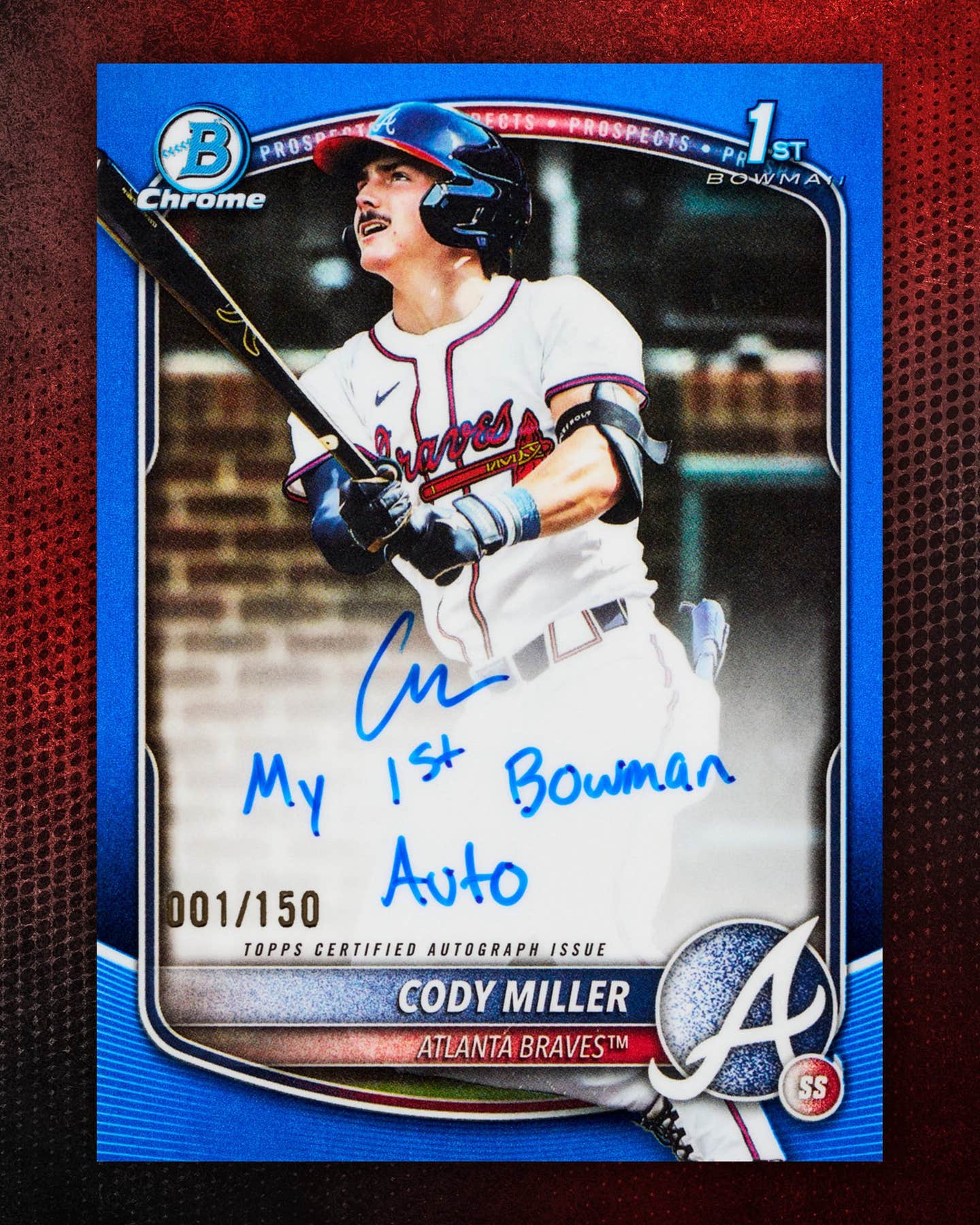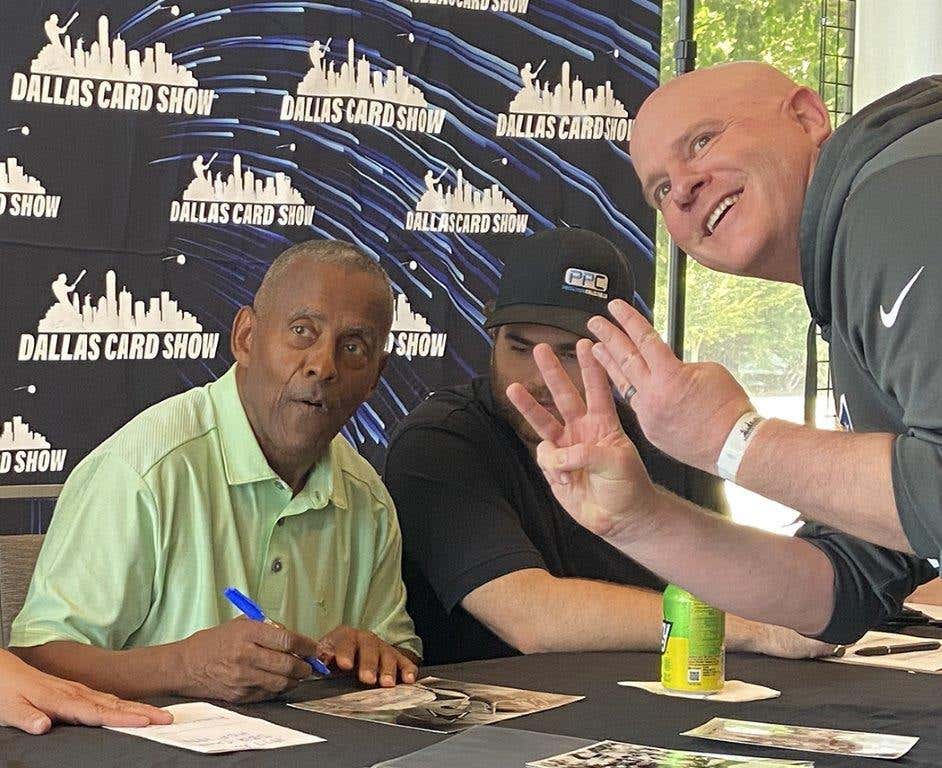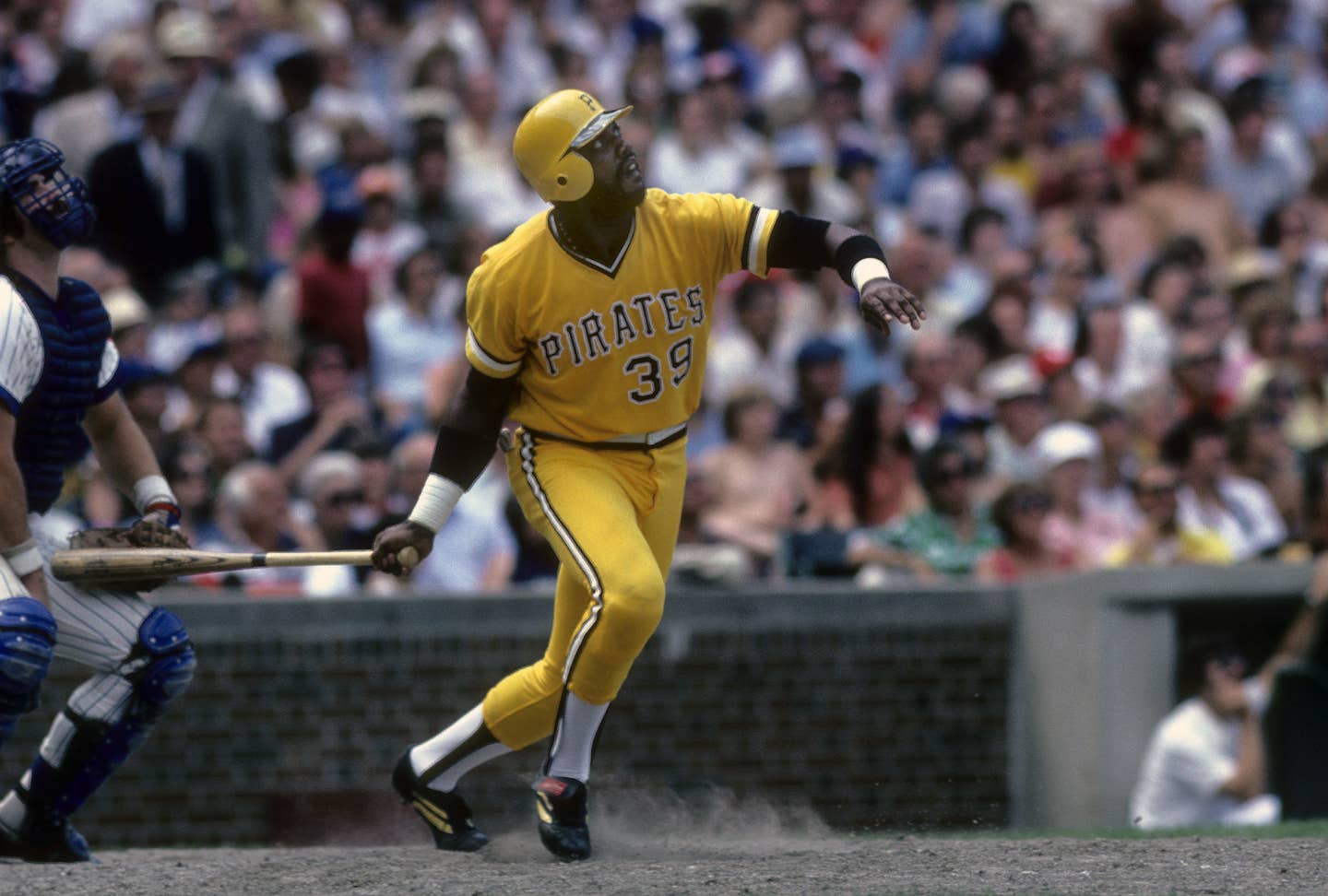
News
Dave Parker’s big swing, all-around game finally land him in Cooperstown
When slugger Dave Parker was elected to the Baseball Hall of Fame recently, it was like a member of the family was being inducted into the shrine.
He was family, having played with the fabled “We Are Family” World Champion Pittsburgh Pirates of 1979.
Parker’s gritty style of play fit right in with that Pirates team, a club with a never-say-die attitude that was remembered for playing hard in every game during the season and postseason, no matter what the score. They chose as their theme song the Sister Sledge hit “We Are Family,” picking each other up like a band of brothers during a grueling season in which they finished in first place, two games ahead of a hard-charging Montreal Expos team in the National League East. They then captured the NL pennant by sweeping the Cincinnati Reds three games to none in the NL Championship Series. Winning the 1979 World Series was a tougher task for the Bucs: The feisty Baltimore Orioles team hung on for seven games, but the Pirates’ determination carried them to victory.
Parker, known as “the Cobra” during his playing days, batted .345 in the 1979 Fall Classic.
“I’m proud of being part of that group and playing in that era. Playing in the ’70s was tough. You had to be a heck of a player to play in the ’70s, and I enjoyed that,” the retired outfielder said.
He should know. During a five-year stretch from 1975-79, Parker was among the game’s best, with a .321 batting average and a .532 slugging percentage. A five-tool player with a tough exterior and a true love for the game, Parker admitted that when he got the news on Dec. 8, 2024 that the Baseball Hall of Fame Classic Era Committee had voted to give him the game’s biggest honor, he cried.
“It took a few minutes, because I don’t cry, but, yeah, I cried,” the now-73-year-old former MLB star.
It’s been more than three decades since the power hitter played his last game, and he’s been battling Parkinson’s disease for over 10 years. He failed to win election to the Hall during his 15 years on the Baseball Writers Association of America (BWAA) ballot (1997–2011) and also missed election when he appeared on a Veterans Committee ballot in 2019.
No stranger to the anxiety that comes with waiting to hear if he would be awarded a place in baseball’s hallowed shrine, Parker said he’s glad the wait is over. When asked if he had time to give any thought to what he might say when he is officially inducted into Cooperstown on July 27, he noted, “I’ve had my speech ready for 15 years.”
BIG STICK
Parker was easily one of the biggest stars of his era. A 6-foot-5, 250-pound, hulking right fielder, he had a swagger and he could back it up. The seven-time All-Star would unnerve opposing pitchers by swinging a large sledgehammer as he waited in the on-deck circle to come to bat.
With his buoyant personality, Parker would always oblige daily sportswriters covering the teams he played on with colorful quotes. One of the left-handed batter’s favorite sayings came when responding to questions about his regular-season hitting, especially during the dog days of August.
“When the leaves turn brown, I’ll be wearing the batting crown,” the two-time National League batting champ (1977 and 1978) would say with a huge grin.
Parker played for 19 seasons (1973–1991) in both the National and American Leagues, notching two World Championships along the way—one with the Pirates (1979) and one with the Oakland A’s (1989). He was the NL MVP in 1978, won three Silver Slugger Awards (1985-86 and ’90), and three Gold Glove Awards (1977-79). Besides being a driving force for the Bucs when he wore the black and gold between 1973-83, Parker played for the Cincinnati Reds (1984–87), the Oakland A’s (1988–89), the Milwaukee Brewers (1990), and both the California Angels and the Toronto Blue Jays in 1991.
An intimidating player, Parker waved his bat whenever he entered the batter’s box and showcased a lightning-fast swing, which made him look like he uncoiled every time he went after the ball. That earned him the nickname “Cobra,” along with his ability to strike a devastating blow at any time. But those moments not only came with his bat; they also resulted from his superb throwing arm, which accounted for 152 career assists from the outfield and numerous accolades from opponents.
His mom, Dannie Mae Parker, gets all the credit for his throwing prowess. The new Hall of Famer, who threw from the right side even though he batted lefty, used to tell reporters that his mother “had a cannon for an arm.” In 1977, when he won the NL batting title with a .338 average, he also had an amazing 26 assists from right field. That was the most assists any player had compiled since another Pirates legend, Roberto Clemente, had 27 assists in 1961.
Parker had seven seasons with 10 or more assists. He put on a throwing clinic during the 1979 All-Star Game in Seattle and it won him the game’s MVP trophy and national attention for his golden arm. When Boston Red Sox great Jim Rice tried to stretch a double into a triple in the bottom of the seventh inning of the All-Star Game, Parker cut him down at third base with a sparkling throw from right field. Then, in the bottom of the eighth, Parker threw out the California Angels’ Brian Downing at home plate. Downing was trying to score the go-ahead run for the American League from second on a sharp hit to right by the New York Yankees’ Graig Nettles. The National League went on to win the game 7–6.
DESTINED FOR STARDOM
While Parker spent his formative years in Cincinnati, he was actually born in 1951 in Grenada, Miss., and moved with his family to the Queen City in 1956. His family lived on the west side of Cincinnati, not far from Crosley Field, the home of Parker’s boyhood idols—the Cincinnati Reds. He used to stand outside the stadium and catch balls hit out of the park during games or batting practice by players he aspired to be. He met some of the Reds’ notable players of the early- to mid-60s, like Frank Robinson and Vada Pinson. Robinson even gave the young Parker one of his gloves—a present and a lesson he never forgot. “I always tried to help the youth in the community, like he did for me,” the new Hall of Famer said.
A natural athlete, Parker played three sports at Courter Technical High School—football, basketball, and baseball. The big fella liked football the best and was a gifted running back. When he was a junior in high school, many colleges scouted him and were interested in having him. But a knee injury when he was a senior in high school put a virtual end to Parker’s gridiron career.
No worries. Truth be told, in his heart, Parker actually wanted to be a Major League Baseball player. The Pittsburgh Pirates drafted him in June 1970. He couldn’t wait to get to the big leagues. He made it by July 12, 1973 at age 22.
Over the next 19 seasons Parker collected 2,712 hits, 1,493 RBI, and 339 round-trippers. He had a tremendous impact on the teams he played with. When he was with the Reds, he mentored young stars like Eric Davis and Barry Larkin, and helped galvanize the Oakland A’s to win the 1989 World Series.
When asked about all his achievements, he paused for a moment and a look of satisfaction came across his face.
“I told my mother when I was 8 years old that I was going to be a baseball star and buy her a house,” he said.
He bought her that house in 1978. “I got that done,” he said. “I delivered on that promise. And it made me feel great.”




